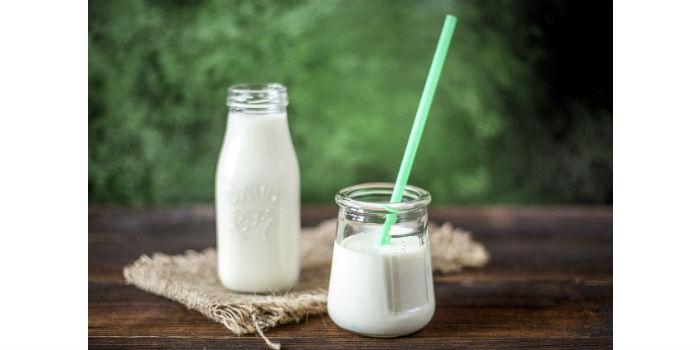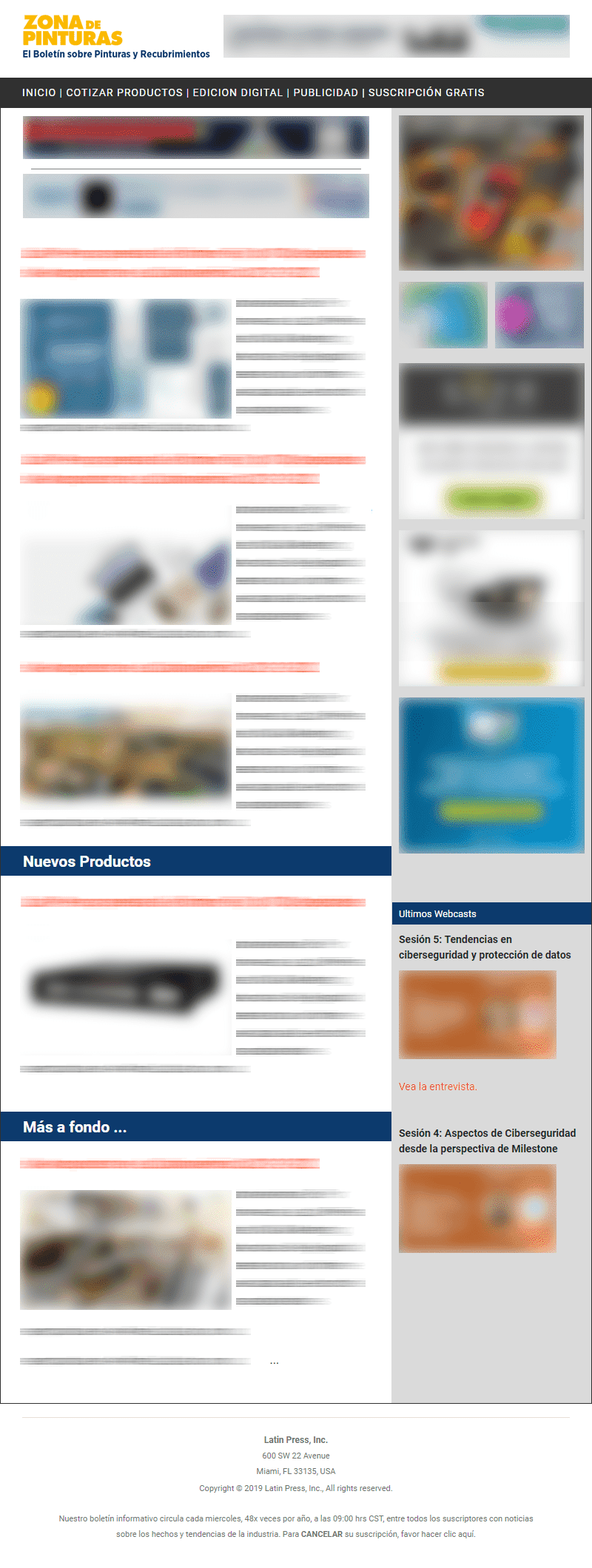 International. Scientists at the Friedrich-Alexander-University Erlangen-Nuremberg have developed a new process for the production of acrylic acid, which is responsible for the liquid phase dehydration of fermented lactic acid cattle.
International. Scientists at the Friedrich-Alexander-University Erlangen-Nuremberg have developed a new process for the production of acrylic acid, which is responsible for the liquid phase dehydration of fermented lactic acid cattle.
It promises advantages over conventional propene production: milder reaction conditions, simpler reactor technology and a bio-based source of raw material. The development of the process was carried out in cooperation with the industrial partner Procter & Gamble (P&G). Promoted the project has the Ministry of Food and Agriculture (BMEL) on the agency specialized in transport of renewable raw materials projects e. V. (FNR).
The catalytic reaction system based dehydration on one supported by a nucleophile, the researchers briefly as NADA - Assisted Nucleophilic referred to acrylates. The NADA system converts lactic acid and its derivatives into hydrogen bromide catalysis at yields of approximately 80 percent in acrylic acid. In the course of NADA's development, the researchers identified promising new lactic acid derivatives such as 2-Brompropionsäure, which is synthesized from commercially available substrates such as lactic acid or DL-lactide and converted into bioacrylic acid.
On this basis, NADA technology was divided into several driving processes. The required reaction temperature of the NADA system is around 200°C and is therefore below 250-400°C, it expires in the production of acrylic acid from propene. The dehydration of lactic acid already before the project experiments successfully carried out through the gas phase reaction required temperatures of 300 to 400ºC.
The researchers built and optimized a continuous Miniplant laboratory facility based on the technology developed by NADA. Currently, the most economically promising variant of the possible NADA process that powers the industry partner will be technically and economically validated by P&G, which is looking for a technological partner for further development of the process on an industrial scale.
Source: Friedrich-Alexander-University Erlangen.

























Leave your comment